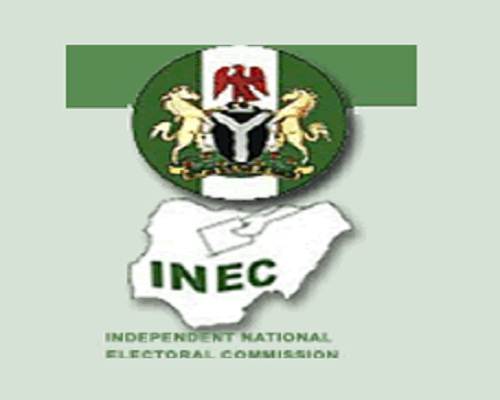A prosecution witness, Mr Tosin Owobo, on Wednesday told a Federal High Court Lagos, that Christian Nwosu, an INEC official accused of receiving N30 million bribe, was never induced to make a statement.
Nwosu was said to have received the money as part of a N23 billion bribe allegedly handed by a former Minister of Petroleum Resources Diezani Alison-Madueke, to some officers of the Independent National Electoral Commission (INEC).
The gratification was alleged to be geared at compromising electoral officers ahead the 2015 general election.
The accused had earlier pleaded guilty to collecting the money, and sought for a plea bargain arrangement with EFCC.
However, due to the judge’s rejection of the terms of the agreement, Nwosu changed his plea from “guilty” to “not guilty”.
He was subsequently arraigned alongside another INEC staff, Tijani Bashir, on an amended six-count charge bordering on receiving gratification to the tune of N265 million.
They pleaded not guilty to the charges.
However, a third accused, Yisa Adedoyin, another staff of the commission, pleaded guilty to one of the counts of receiving N70 million from Alison-Madueke’s alleged bribe.
Consequently, the trial judge, Justice Mohammed Idris, found Adedoyin guilty and convicted him accordingly.
Nwosu later informed the court that he was coerced, and induced by the commission to make the statement that indicted him on the charge.
The allegation made the court to order for a trial within trial to ascertain the voluntariness of Nwosu’s statement.
When trial resumed on Wednesday, EFCC’S counsel, Mr Nnemeka Omewa, called on the first prosecution witness (Owobo), who is also an investigating officer with the EFCC.
The prosecutor asked the witness to explain to the court how the commission investigated the offence and how Nwosu’s statement was obtained.
Owobo in his evidence told the court that Nwosu’s statement was obtained under standard practice without inducement, intimidation or threat.
The witness told the court that Nwosu came to the commission’s office in Lagos on Dec. 28, 2016, to make statement on the charge preferred against him.
He said that after making his statement, he was granted administrative bail on self-recognisance.
The witness said that during interrogation, the accused was shown a document from a bank that he signed to collect the sum of N265 million.
“The defendant walked to our office alone; my team and I had discussion with him on the allegations levied against him and after our discussion, we asked him if he would like to make statement and he replied, yes.
“Nwosu’s statement was obtained under standard practice without inducement, intimidation or threat, after making his statement, he was granted administrative bail on self-recognisance,” he said.
Under cross examination, Nwosu’s counsel, Mr Victor Opara, asked Owobo whether he was aware that the commission imposed a counsel on his client, but he said he was not aware.
The witness also admitted that while Nwosu was writing his statement, no lawyer or member of human rights group was present.
The court adjourned further hearing until Oct. 5.
The prosecution alleged that the accused committed the offence on March 27, 2015, by accepting bribe from the ex-petroleum minister.
They were alleged to have conspired to take possession of the sum of about N265 million which sum they reasonably ought to have known formed part of the proceeds of an unlawful act of gratification..
The accused were also said to have made cash payments of the sum of about N235 million, which sum exceeded the amount authorised by law, without going through a financial institution.
EFCC alleged that Bashir also made a cash payment of about N70.1 million to Adedoyin (third accused) without going through a financial institution and which sum exceeded the amount authorised by law.
The prosecution also alleged that Bashir also directly took possession of the sum of about N165 million which sum he ought reasonably to have known formed part of an unlawful act of gratification.
In count seven, Nwosu was alleged to have directly used the sum of N30 million which he ought to have known formed part of an unlawful act of gratification.
The offences are said to have contravened the provisions of sections 15 (3), 16 (2) and 18 (a) of the Money Laundering Prohibition Amendment Act, 2012.




 Premier League
Premier League